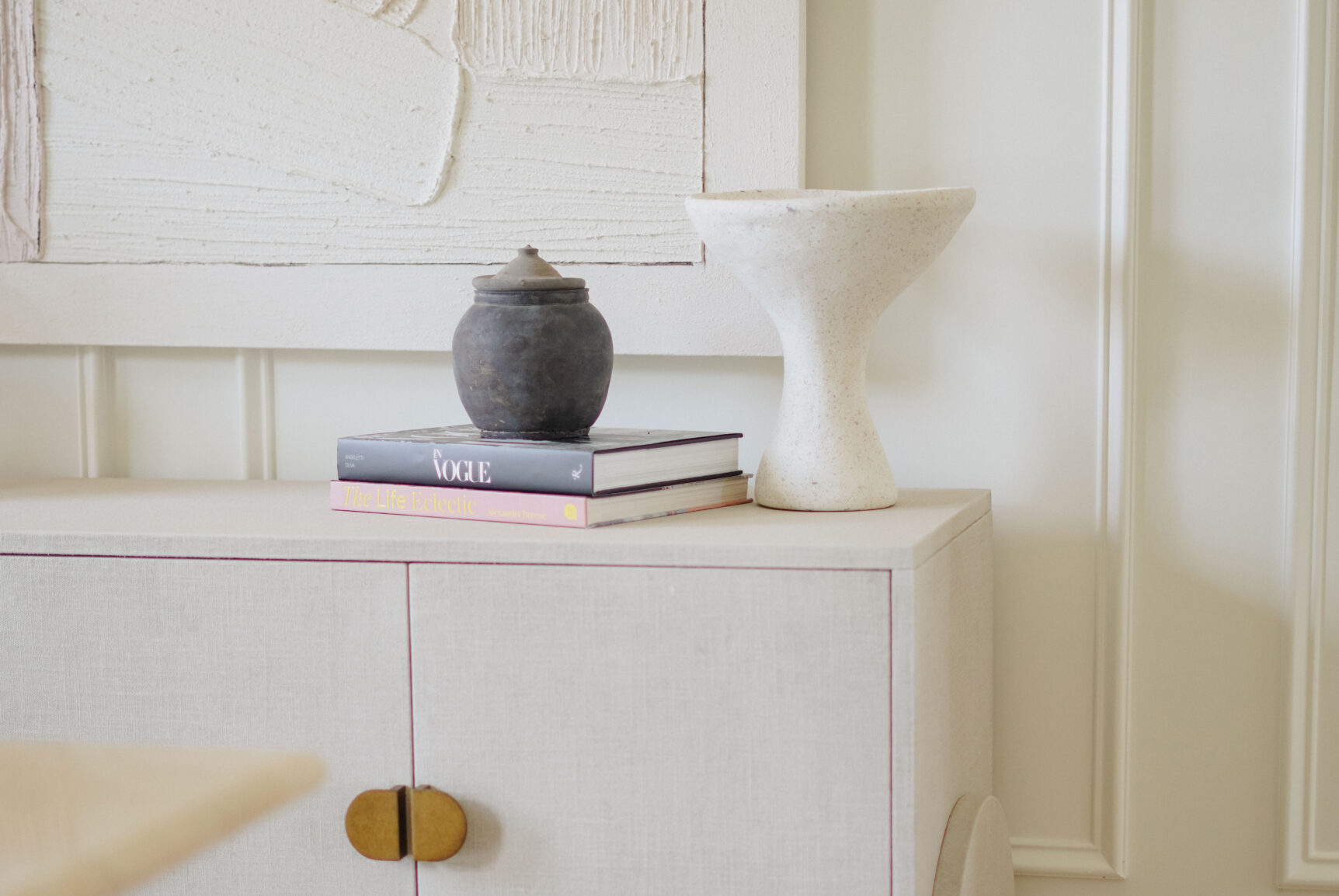Understanding how micro habits can create macro change.
Greek philosopher Choerilus of Samos said that “with persistence, a drop of water hollows out the stone”. This powerful reality has parallels that can be applied to both negative and positive habits we create in our lives.
How then, do we harness this great power within us and allow it to improve our situation?
Recognize that everyone has the power to change if they have the desire to change is true.
Everyone has within them the power to make a great change in their lives, but that does not mean everyone has the desire to change.
We often find ourselves complaining about certain aspects of our lives, but our actions speak much louder about our real desires than our words do.
Everyone can change and grow. But, do they really want to?
Consider the things that may be holding you back from making the changes you think you want.
Perhaps you don’t really want to change something because doing so implies more effort than you’re really willing to give.
Perhaps making that big change means addressing some underlying fears.
How do you see yourself?
What questions are you asking yourself on the regular?
What messages are you giving yourself about yourself on a daily basis?
What would happen if you stopped eating out of anxiety or boredom and just ate when you were hungry? Well, My Beautiful Friend, you might have to face some anxiety and boredom.
How would you really feel if you got that job or wrote that book? You might be challenged. You might be exposed. You might succeed.
Sometimes fear is the bigger picture that is getting in the way of achieving our goals, despite the fact that we really really want to succeed.
Is it possible that deep down inside you feel the actions and sacrifices required to make significant changes aren’t worth the effort?
Fundamental change begins with understanding what is blocking us from achievement.
The ability to identify both good and bad habits.
The famous guidance to “first cast out the beam from thine own eye” reminds us that it can often be easier to recognize self-destructive actions and habits in others than it is to recognize them in ourselves.
A beneficial activity is to write down both positive and negative thoughts, words, and deeds that seem to regularly occupy your mind. This will show you factors that stand in the way of personal growth as well as the positive aspects to help build your confidence.
How to overcome self-defeating thoughts and habits that lead to cycles of failure.
The road to a happier, healthier way of life often feels like an uphill one. But there are many things we can do to ensure we are headed in the direction we desire.
First, we have to set realistic and productive goals to change bad habits and expand upon good ones.
We can incorporate targeted behavioral shifts to create new, positive micro-habits and then assign them triggers that remind us to act on them.
And finally, we need to foster a positive environment by surrounding ourselves more with friends and family who support us, who challenge us, who are enthusiastic about our success, but who also embody the characteristics and habits that we want to achieve ourselves.
How to set productive goals.
By far, the most important activity we can do to aid in our travel towards a better lifestyle is to set personal goals.
I know from experience that you should set big, outrageous goals – I mean, really reach for the stars. And, that said, micro-goals are often key to reaching the big one.
A great way to begin our goal making process is to work backward, breaking each major goal into smaller ones.
With smaller, more manageable goals we will reap smaller rewards but they will come with greater frequency. Smaller goals also help us avoid the confidence defeating effects of goal failure by decreasing their size and scope.
For example, my goal may be to run a marathon, which is 26 miles. I may choose to break that down into smaller mile increments as goals. The first week I may run one mile, then two the next. I then increase the number of miles run until I reach my target.
There would be a certain failure if I were to set my first goal as running a half-marathon with no previous running experience.
But by breaking down large goals into smaller ones I am slowly able to improve myself to the point where I ultimately complete the lofty goal of running and perhaps even winning that marathon.
How can micro-habits create significant, macro-results.
Micro-habits are small repetitive actions that can create large changes over long periods.
By incorporating a micro-habit such as doing the dishes every night before bed, we’ve taken a daunting task like keeping our home in order and turned it into something more manageable, thereby increasing our potential for success.
This micro habit becomes second nature and we are ready to incorporate a new micro-habit, thus building on the previous one. We may add making our bed each morning to the routine. We are now well on our way towards creating a macro-habit of keeping an orderly, clean home.
Macro-habits are the result of combining many micro-habits to create one large habit.
Assigning a trigger action to micro or macro-habits allows us to recognize that it is time to complete a task. Let’s use our clean kitchen example again.
As we prepare dinner, we could make it a micro-habit to wash the cutting board, knife, mixing bowl, or pan right when we finish with it, rather than setting it in the sink to clean up later.
Throughout the day, we can make a small habit of washing up a dish or two every time we go into the kitchen for a snack, a cup of coffee or tea, or a meal.
The idea is to find something that occurs regularly in your life and tie a positive micro-habit to that occurrence.
This is an opportunity to be creative and analyze what actions in your life make good trigger opportunities.
Create and live within a positive environment.
By surrounding ourselves with positive reinforcements we greatly increase our potential for success.
It can be difficult to do this when a family member or coworker is involved; nonetheless, by seeking out those who have those positive macro-habits that what we want, we’re sure to inherit their positive lifestyle habits by osmosis.
Likewise, if we surround ourselves with those who have a positive mindset, who build us up with encouragement and help us get up and brush off when we fall, our efforts are built up tremendously.
As with all things in life, the success of micro-habits, macro-habits, goals, and triggers all rely on our ability to have some level of self-discipline.
We must have a preconceived idea of just how important it is for us to make changes in our lives and then focus all our efforts on ensuring our success.
One of the most important things to remember as we make purposeful plans, and strive for excellence, is that failing to accomplish a goal does not mean we are failures and need not affect our self-image.
It simply means we didn’t break the goal down into small enough micro-habits. If this happens, start over at the beginning, create micro-habits that are more realistic, and take your time.
More often than not, the journey is the most rewarding part.
Self-Image Makeover
Live Your Life With Style, Flare, and Elegance




